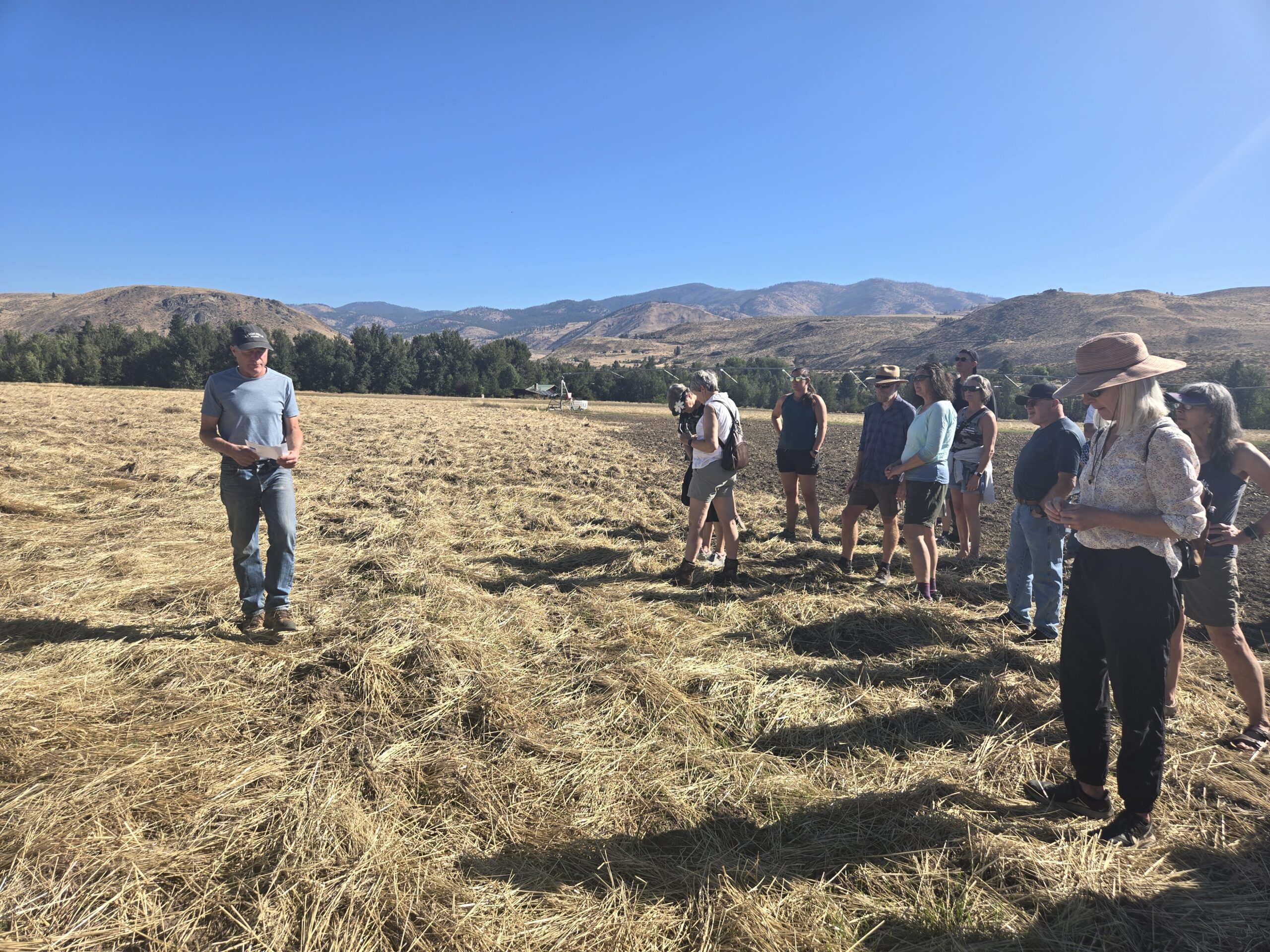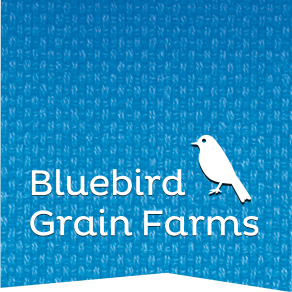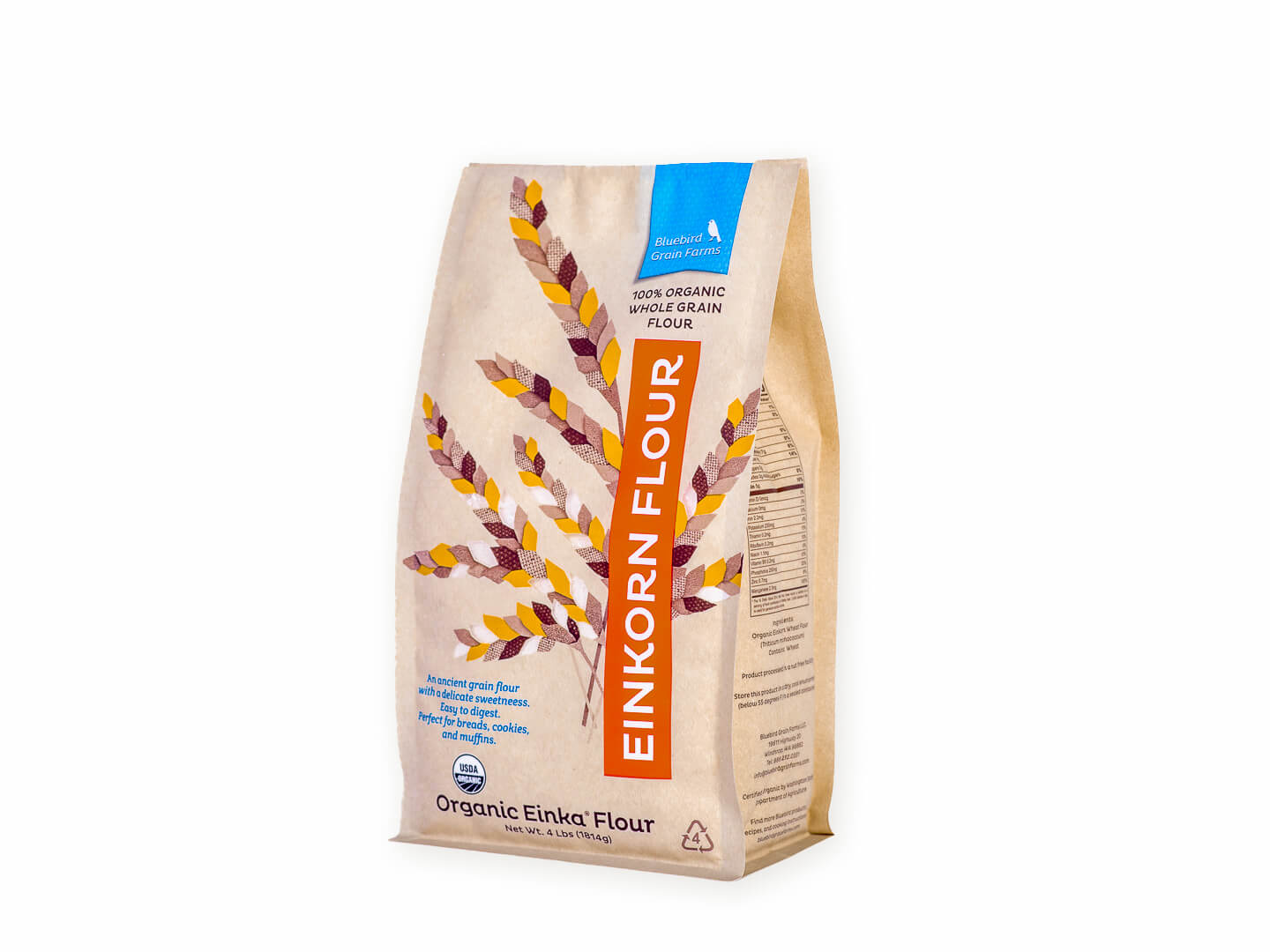
Most years I find myself sighing in relief when the mellow month of September finally rolls around, bringing with it the cooling nights and shorter days as summer’s growing season winds down. Indeed, September is the busiest harvest month when one considers the various fruits, grains, and vegetables that are gleaned here under clear, mild eastern Washington skies. However, aside from the first week or so of August, most of last month felt like September! Truth to tell, a couple nights were down in the 40’s and a very unusual rain fell that left 2 inches of moisture across the countryside. Never before had this amount of precipitation been recorded here in the valley not just for the date, but for the entire month of August!
Dawn; I now hear chickadees again, robins, bluebirds, but hummingbirds seem to be staying on longer than years past? Chickadees generally are a sign of autumn. Hummingbirds are often gone by September. June this year was May; July was August; August was September. What all this means and how September will shake out, I’ve no idea. Beautiful…?
Even though all of our Bluebird crops are harvested, we will still take the clear, hot weather as it will likely be the last for the year. As I noted in August notes, our harvest right here at Bluebird was earlier than ever as I harvested the einkorn in late July. The standing straw left behind had the understory of winter peas clinging tight and I’d considered rolling the Gleaner back out, then harvesting them. However, I would have done so simply to clean up the seed for planting as our fall cover. Instead, I hooked up the heavy off-set disk and in two passes, knocked all the stalks flat and spread the peas about in the process. This was the first tillage I’d done to this field since spring of 2023.
By knocking out the peas and turning down the straw, my hope was to have a nice environment for the peas to germinate up through the mulched field. Better, perhaps, than if I’d tried to direct drill them into the standing straw. When the bizarre rain came I knew we’d soon know what sort of cover crop we’d have. Here on the first of this month I’m pleased to report we’ve a wonderful, mulched in crop of winter peas and volunteer einkorn! To which I will apply a good dose of cold pressed liquid fish fertilizer and composting microbes. This will speed up the digestion process of the straw. My goal is to have one big biological, soil feeding combination of available goodies come next spring. It may be the largest amount of organic matter I’ve ever had to try and convert to soil. This could be interesting. Stay tuned.
Farm partner Brad Bailie in Connell, Washington took off a very nice crop of einkorn last month and as soon as we run the last couple loads of 2023 crop, we will be fresh into 2024 einkorn. The Schmaltz family just finished emmer harvest and they have their first Certified Regenified regenerative crop in the bins! We will be taking that in for hulling and grading at our recently Certified Regenified Bluebird facility here in Winthrop. Yes, one more “certification”. This regenerative certification is one that we feel is now legitimate and we believe in it. Even the USDA is beginning to put pressure on producers and processors to substantiate their claims on a variety of sales pitches such as “No antibiotics”, “Free Range”, and yes “Rengerative.” We want you to be confident that we are who we say we are. A 100% certified organic, and now certified regenerative facility using certified crops. That’s a lot of certs!
That said, our grain cleaning line was a bit quiet last month. This can happen in the depths of summer. Commodity prices themselves have been at a low for the past 10 years, and this can sometimes have an effect even on our small market of specialty grains. Right now between inflationary costs of operations, a strong US dollar and lower farm gate price-points, those growing under the subsidized system are reminded that Price support and Insurance support is how they are kept in business some years. This tax-based funding source is common for most non-organic US farms, however, even these farms remain at risk because here a full year since the last Farm Bill expired. The expired bill has been on a one year extension which, in turn, is now due to expire. The House version is still hung up on the House floor. Good thing for some farms that another support mechanism remains alive and well. This month the 39th annual Farm Aid concert takes place on the autumn equinox in New York State. To date, Farm Aid has raised $80 million for family farms in this country. Go Willie and Company!
Here at Bluebird where we have no price safety net, we’ve kept our prices the same as we try to do no matter how the tides rise and fall around us. This isn’t always easy, but it seems to be a good way to maintain long-term relationships. We are fortunate to have such a large repeat customers base. Thank you. It was nice to meet some of you at our Labor Day weekend open house. Brooke and I enjoyed our time with several folks we’d never met before, but that had been buying our products in some cases, for years now!
Schools are back in session country-wide. With this comes our local school’s Classroom in Bloom annual party in support and celebration of the amazing garden we have here on school grounds just across the road from Bluebird. This year marks the 20th anniversary! CIB helps feed the local students fresh and frozen produce throughout the school year, as they reap the rewards of their very own labor. CIB is one of the gems of our little valley and I’m proud of all those involved. I hope to see some of you at the party.
I hope you enjoy the late summer as nights lengthen and deepening shadows flow across the landscape to the easy sound of gathering birds, happy cicadas, and the flutter of just- fading aspen. September is perhaps the mellowest month of all. And I love it.
Yours,
Farmer Sam

